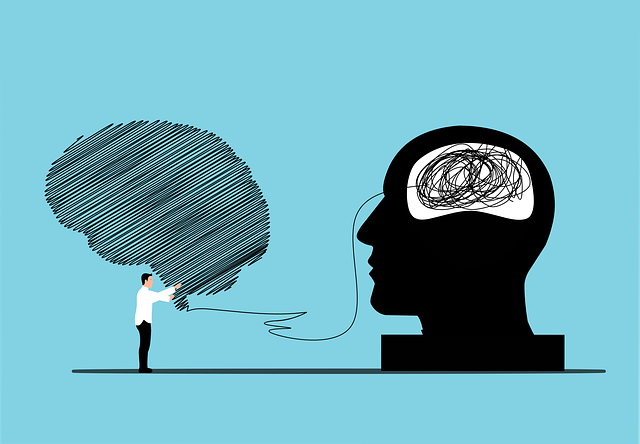Limited studies and understanding of brain function previously detailed that patients suffering from traumatic or acquired brain injuries would experience minor improvements to post injury deficits. Recently, however, greater strides in the understanding of neuroplasticity have shown promising results in the way the brain both matures and develops.
Through effective treatment methods like Cognitive Remediation Therapy, traumatic or acquired brain injury patients can experience improvement in brain function, leading to a more independent and sustainable life. Find out more about Cognitive Remediation Therapy and whether this treatment option for traumatic and acquired brain injuries is right for you.
An evidence-based therapy program
Brain injury and concussions cause debilitating, long-term cognitive challenges that impact executive function, learning, memory, information processing, speech, comprehension, and more. At The Hartman Center, patients can see a full transformation after suffering from traumatic or acute brain injury with assistance from Cognitive Remediation Therapy.
This evidence-based therapy program utilizes an accessible, online proprietary platform. It focuses on remediating and rebuilding key links in the brain, as well as connecting the bridge between the mind and body. Cognitive Remediation Therapy increases the functionality of both the brain and body so patients can return to the life they remember living prior to injury.
There are three program platforms available depending on the severity of your brain injury. Speak to our specialist at The Hartman Center to learn which platform is the right fit for cognitive remediation for brain injury.
Cognitive Brain Training Pillars
How does Cognitive Remediation Therapy help reconnect the brain and the body? This therapy utilizes four pillars within each platform. No matter which platform you choose, these pillars lay the foundation for growth, healing, and neural recovery following traumatic brain injury.
Cognitive Training
Focusing on areas of the brain that are the most impacted after traumatic brain injury — like the executive processing, working memory, and mental flexibility centers — helps restore cognitive capabilities. Cognitive brain training utilizes specifically-targeted brain exercises that engage the brain’s neural pathways through predictive speech, non-verbal thinking, and symbol relation that aids in organization, memory, and reasoning.
Mindfulness Curriculum
Concussion and traumatic brain injury patients often experience high levels of brain fog, fatigue, low moods, and anxiety. Mindfulness and meditation are some of the longest-standing holistic techniques that improve brain function, decrease stress, anxiety, and depression, and improve fatigue. This professionally-guided curriculum helps patients regain energy while finding relief from emotional and physical pain.
Aerobic Exercise
Research-based exercise programs increase brain function and promote cognitive recovery. Traumatic brain injury patients also experience elevated moods and improved executive functioning with the implementation of effective aerobic exercise.
Progress Tracking
The final pillar of Cognitive Remediation Therapy helps patients see their full progress towards recovery. With a comprehensive online tracking system, even the smallest changes can be monitored throughout treatment. This not only increases the quality of care for each patient, but supplies substantial evidence of improvement throughout the Cognitive Brain Training program.
If you or a loved one’s life has been seriously impacted by a traumatic brain injury, contact The Hartman Center to learn more about Cognitive Remediation Therapy for TBI.
